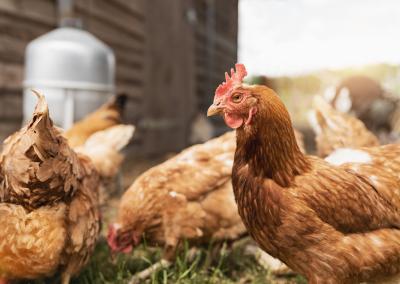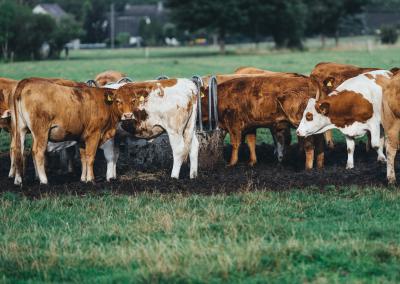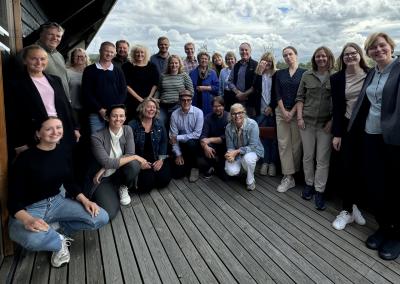Curonian Spit to be assessed for climate change vulnerability with Australian experts
In the last days of summer, the Ministry of Culture is organising a workshop in Sea Spit to assess the vulnerability of the UNESCO World Heritage Site to climatic change, under the guidance of Australian experts.
Like many other World Heritage sites, the Spit of Kur&scaronai is exposed to the impacts of climate change, as well as the associated impacts of increasing tourism, infrastructure development and changing land use practices. These trends are expected to continue, accelerate and further affect ecosystems, communities, habits and values as climate change intensifies.
In the workshop, experts will present a climate risk assessment to inform and enable managers of the Spit to prioritise actions to mitigate the impacts of climate change on the cultural landscape.The workshop will take place in the Spit on 26 and 30 August. Based on the results of the workshop, an assessment report will be prepared by experts from James Cook University in North Queensland, Australia, with the participation of experts from the fields of cultural heritage, environment, climate, urban planning and related fields, as well as from Lithuania and the local government and local community. The Australian team of experts has already carried out similar projects in the Vega Archipelago and in Bryggen in Norway, as well as in UNESCO World Heritage Sites.
The workshop is organised by the Ministry of Culture in the framework of the UNESCO World Heritage Protection Project „Determination of the Vulnerability of Cultural Heritage to Climate Change Index“ initiated by the Norwegian Directorate of Cultural Heritage (Riksantivaren). More about the što Index. The workshop in the Spit of Kur&scaronai is funded by two&scaronai cooperation funds from the European Economic Area and the Norwegian Financial Mechanism.










































































































